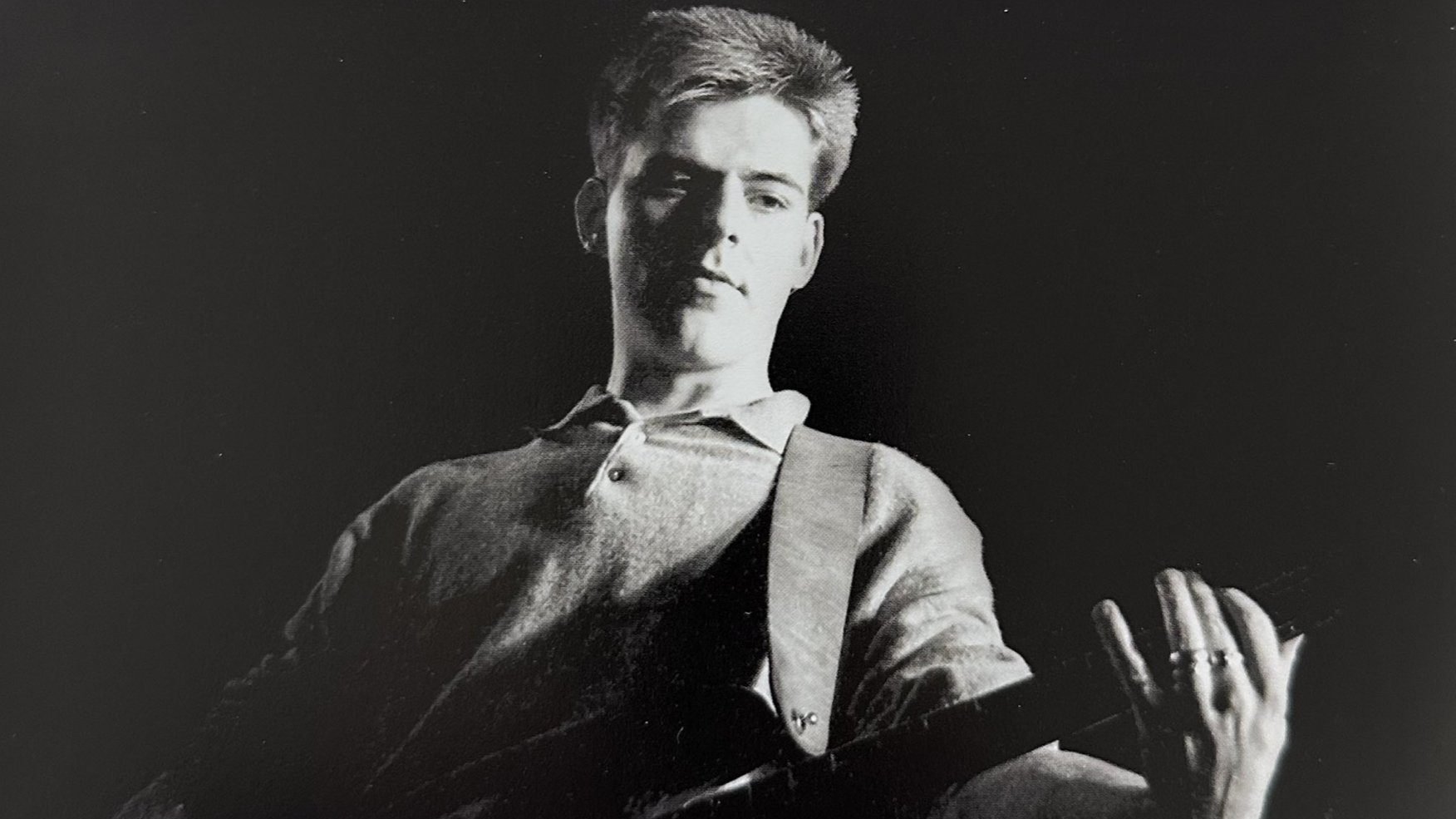Today we mourn the loss of Andy Rourke, the bassist for The Smiths, who died from pancreatic cancer, aged just 59.
The news was announced by Smiths guitarist Johnny Marr on social media, who wrote: “It is with deep sadness that we announce the passing of Andy Rourke after a lengthy illness with pancreatic cancer. Andy will be remembered as a kind and beautiful soul by those who knew him and as a supremely gifted musician by music fans. We request privacy at this sad time.”
Rourke’s bandmate, drummer Mike Joyce, tweeted: “Not only the most talented bass player I’ve ever had the privilege to play with but the sweetest, funniest lad I’ve ever met. Andy’s left the building, but his musical legacy is perpetual. I miss you so much already. Forever in my heart, mate.”
“I am so saddened to hear this news! Andy was a superb musician and a lovely guy,” Smiths producer Stephen Street tweeted.
“The Smiths were easily the most important band of my teens. I was beyond honoured when Andy played bass with me on tour for two years.
“He was the coolest, kindest, funniest person – a joy to tour with,” tweeted Badly Drawn Boy. “Probably the best natural musician I’ve ever seen. Loved him. Gutted.”
Born on January 17, 1964, to an English mother and an Irish father, Rourke was introduced to the world of music by learning the guitar at the tender age of seven. Rourke’s innate curiosity for various instruments was nurtured through the years, as he often received a musical instrument either as a Christmas present or birthday gift. He reminisced about his musical explorations in a 2016 interview, saying, “I went through plastic trumpets, saxophone, keyboard – I tried a bit of everything.”
This exploratory approach would later serve him well during his time with The Smiths. When a cello was required for a track, Rourke displayed his unorthodox ingenuity, “I played a bit of cello later on, but I made that up as I went along because it was needed on a Smiths record so I just bought one, tuned it up like a bass and went from there.” This anecdote reveals the heart of Rourke’s musicianship – adaptable, innovative, and always eager to push the boundaries of conventional playing.
Rourke and guitarist Johnny Marr’s friendship blossomed from an early age as well; the seeds were planted when they were just 11 years old. Originating from a more affluent background compared to Marr’s, Rourke’s upbringing was markedly different. The aftermath of his parents’ divorce had left him largely to his own devices, a stark contrast to the socio-economic conditions that shaped the childhoods of his bandmates. Marr’s and Rourke’s bond was forged over countless jam sessions throughout their teenage years, which shaped their distinctive style.
“We were best friends, going everywhere together,” Marr said in a written tribute to Rourke. “When we were 15 I moved into his house with him and his three brothers and I soon came to realise that my mate was one of those rare people that absolutely no one doesn’t like. Andy and I spent all our time studying music, having fun and working on becoming the best musicians we could possibly be.”
The duo, along with the mercurial frontman Morrissey and percussive powerhouse Mike Joyce, would eventually coalesce in 1982 to form The Smiths. Despite the lion’s share of limelight being cast on the songwriting alliance of Marr and Morrissey, Rourke’s virtuosity as a bassist was a force to be reckoned with, equally as captivating as Marr’s prowess on the guitar. His unyielding bass lines served as the rhythmic anchor to the band’s anthems, underscoring the vibrant melodies with a deeply resonant pulse. Rourke’s talent was an essential element in The Smiths’ narrative.
Rourke’s iconic bass lines provided the rhythmic heartbeat pulsating throughout The Smiths’ discography, featuring monumental hits like ‘This Charming Man‘ and ‘There Is a Light That Never Goes Out‘. These tracks represent the quintessence of Rourke’s audacious melodic craftsmanship, highlighting his ability to transcend traditional punk aesthetics with his daring innovations. Rourke cultivated a sophisticated yet fluid style on the bass, a testament to his musical acumen. His audacious bass lines intricately wove into the fabric of their songs, amplifying the band’s depth and compensating for the absence of a secondary guitarist.
Barely two years into their journey, The Smiths catapulted into the British top 10 with their melancholic anthem, “Heaven Knows I’m Miserable Now.” However, beneath the shimmering surface of their success, darker currents were swirling. Fame came with its own set of challenges, including Rourke’s descent into the grip of a burgeoning heroin addiction, which would later lead to an arrest. The band’s triumphs were irrevocably shadowed by these personal struggles, which led to his dismissal from the band in 1987. “You start getting a bunch of money and you don’t know what to do,” Rourke recalled in a 2011 interview: “You start spending it on drugs.”
Even following the Smiths’ disintegration (and the ensuing lengthy litigations), Rourke’s influence continued to permeate the music scene, as he lent his talent to Morrissey’s solo ventures. He would later go on to lend his talents to Badly Drawn Boy, as well as Blitz Vega, featuring Kav Sandhu of the Happy Mondays. Rourke also performed alongside artists Sinéad O’Connor, The Pretenders, and guitarist Aziz Ibrahim. He was also a member of the supergroup Freebass with two fellow Manchester bassists, Mani (Stone Roses, Primal Scream) and New Order’s Peter Hook.
Despite the tidal wave of big-ticket band reformations, The Smiths remained one of the few defiant stalwarts, their resolve stemming from Marr and Morrissey’s discord being seemingly beyond reconciliation. Yet, in an unexpected twist of fate, Rourke and Marr found themselves sharing the stage once again. Last September, Rourke made a guest appearance at Madison Square Garden, joining Marr’s band for a performance that would stir the hearts of fans and music connoisseurs alike. In a poignant turn of events, this emotional reunion marked Rourke’s final bow on the concert stage.
“Andy will be remembered as a kind and beautiful soul by those who knew him and as a supremely gifted musician by music fans,” Marr said.















 Or via:
Or via: